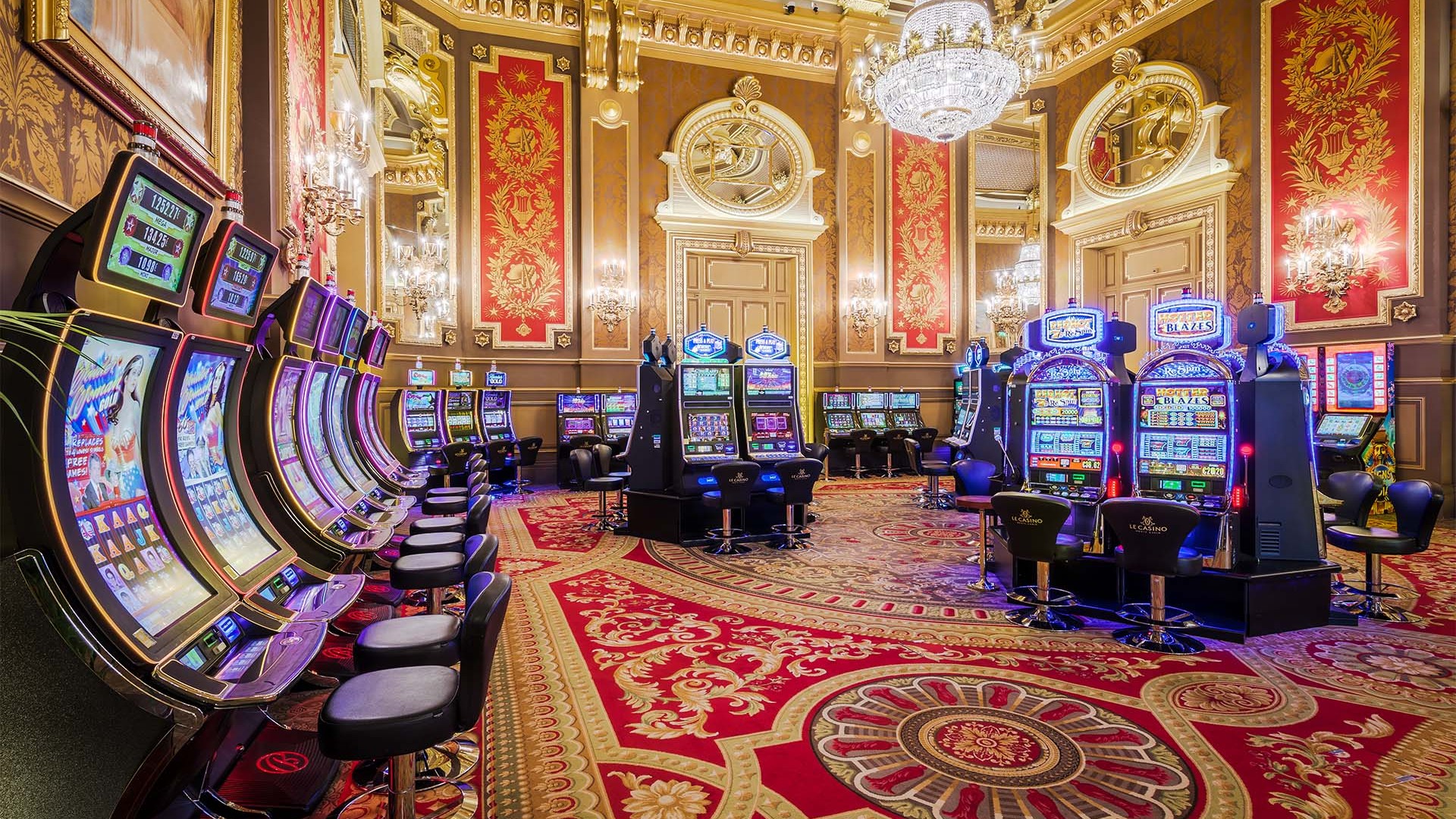
Casino experiences have long captured the imagination of people around the globe, becoming an important part of both entertainment and culture. From the shimmering lights of Las Vegas to the engaging experience of online gaming, these experiences evoke thrill, uncertainty, and sometimes even a sense of nostalgia. They are more than simply pastimes; they have woven themselves into the texture of human experience, influencing various aspects from film and music to style and books.
The appeal of casino games transcends the wagering aspect, tapping into larger themes of serendipity, risk, and human behavior. As players convene around a card table or turn the roulette wheel, they engage in an ancient ritual that connects with our communal desire for excitement and uncertainty. This fascination has led to the growth of countless references in cinema, music, and electronic games, showcasing how intensely entrenched these games are in pop culture. Whether it is the pressure of a classic robbery film or the vibrant nightlife portrayed in recordings, casino games have carved out a substantial place that reflects our connection with reward.
Cultural Impact of Gambling Games
Casino activities have played a pivotal role in cultural aspects throughout history. Stemming from old civilizations, games of chance were often linked to ceremonies or events. For instance, early forms of these activities can be traced back to ancient Chinese and the Romans, where dice games and betting on results were common pastimes. These games not only functioned as leisure but also as methods of social interaction, facilitating relationships among individuals within communities.
As cultures evolved, so did the sophistication and organization of casino games. The creation of official casinos in the 17th century, particularly in Italy, marked a notable shift in how games were perceived and structured. With designated spaces for gaming, the casino became a community center where people from different backgrounds gathered. This change contributed to the validation of the industry, transforming it from a mere pastime into an organized industry that influenced the economy and policy.
The effect of casino games on popular culture cannot be overlooked. As they were brought into the limelight in books and film, games such as poker and blackjack became symbols of chance, luck, and tactics. Iconic figures and stories have developed around these activities, reflecting societal views towards luck, prosperity, and vice. This interest with casino games has infiltrated various forms of entertainment, cementing their place in the public imagination and linking them to broader cultural narratives throughout the ages.
Representation of Gambling Activities in Media
Gambling games have long been a popular topic in various forms of media, reflecting both the thrill and complexities of the world of gambling. Movies such as Ocean’s Eleven and Casino Royal portray individuals who navigate high-stakes environments, showcasing not only the allure of the casino atmosphere but also the tactics and choices that come with playing popular games like Texas Hold’em and 21. These movies often dramatize the exhilaration of winning and the potential consequences of losing, encapsulating the dangers involved in betting.
Television shows have also explored the universe of gambling activities, often integrating them into the storyline as a setting for character development and tension. Shows like Las Vegas depict the experiences of gambling employees and patrons, highlighting the vibrant, often chaotic energy of the gaming floor. Reality shows featuring high-stakes betting contests further emphasize the fascination of casino games, drawing viewers into the drama and planning involved in each session. Through these portrayals, media not only entertains but also stimulates conversations about luck, skill, and the character of randomness.
Digital games have increasingly incorporated casino games into their structure, allowing players to simulate the experience of gambling without monetary loss. Titles within the realm of digital gaming often include virtual slots, poker, and other casino favorites, creating an immersive gameplay that mirrors traditional gambling. These digital representations make gambling activities accessible to a worldwide viewer base, appealing to both risk-takers and those who enjoy the thrill of virtual experiences. As a outcome, the portrayal of gambling activities in entertainment continues to shape societal views and cultural relevance, highlighting their place in entertainment and the cultural landscape.
Effect of Gambling Activities on Communities
Casino games have a meaningful effect on communities, influencing multiple aspects of culture and social behavior. They often function as a platform for social interaction, where people come together to experience a shared experience. Casino trips with friends or trips to casinos become group events that foster connections and create memories. This communal aspect boosts the entertainment value of casino games, making them a favored choice for celebrations and recreational pursuits.
Moreover, gambling activities have been portrayed in countless films, television shows, and written works, influencing views and attitudes towards gambling and betting. Icons like James Bond playing baccarat or the high-stakes poker scenes in films have embedded these games in the shared imagination. This representation often glamorizes the lifestyle associated with casino activities, drawing in new players and influencing trends in both fashion and conduct. These portrayals can ignite curiosity and lead to a deeper investigation of the nuances of gambling.
However, there are also negative implications linked to the popularity of casino games. The allure of quick monetary gain can lead to gambling addiction and financial troubles for some people. The community must contend with these issues, advocating for responsible gambling and education of the dangers involved. xoilactv Balancing the fun aspect of casino games with the risks is crucial to ensure that they remain a beneficial aspect of our societal fabric.
